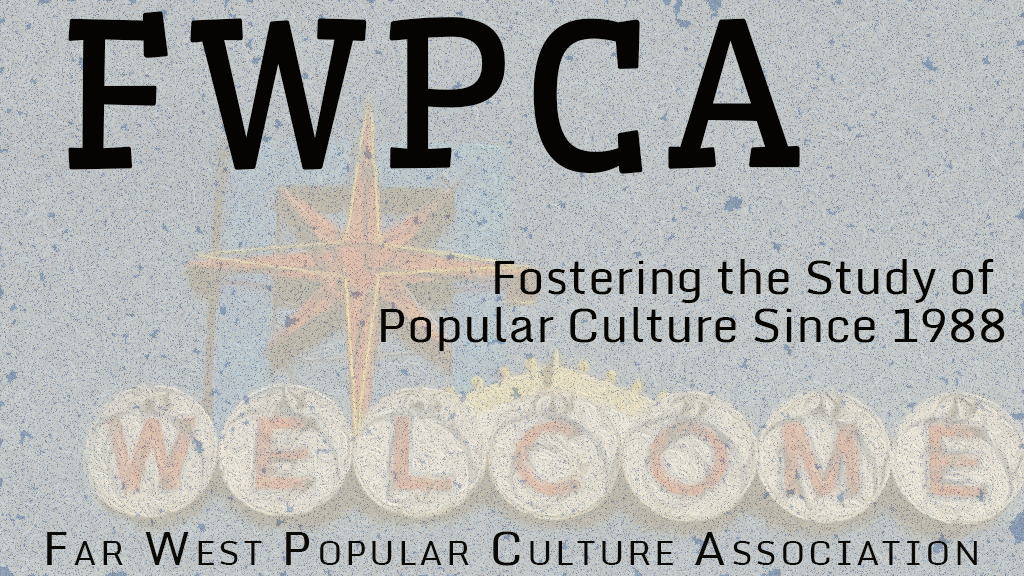Presentation Type
Paper
Abstract
In the wake of the social and political movements that defined the 1960s, the women’s music movement emerged as a means to cultivate an outlet for young, lesbian musicians who saw themselves as equal to their straight, male counterparts, but were unwilling to compromise their musical integrity in order to perform on major labels. Within this cultural movement were musicians Margie Adam, Meg Christian, Alix Dobkin, Kay Gardner, Holly Near, Linda Tillery, Mary Watkins, and Cris Williamson. Together they created a soundtrack for lesbians throughout the 1970s. There was no unifying genre to the music produced during this movement. Some women were folk singer-songwriters, while others were classically trained musicians and composers. Their experiences were eclectic, and often encompassed other social and political causes of the decade. Many songs dealt with the topic of sexual identity. Some were anti-war anthems, while others explored non-western cultures and the medicinal power of music.
In this presentation, I will explore the significant impact this music had on lesbian culture in the 1970s and 1980s through the lens of such pieces as “Ode to a Gym Teacher,” “We Shall Go Forth,” and “Don’t Pray for Me.”
Ode to a Gym Teacher: The Music of the Women's Music Movement
In the wake of the social and political movements that defined the 1960s, the women’s music movement emerged as a means to cultivate an outlet for young, lesbian musicians who saw themselves as equal to their straight, male counterparts, but were unwilling to compromise their musical integrity in order to perform on major labels. Within this cultural movement were musicians Margie Adam, Meg Christian, Alix Dobkin, Kay Gardner, Holly Near, Linda Tillery, Mary Watkins, and Cris Williamson. Together they created a soundtrack for lesbians throughout the 1970s. There was no unifying genre to the music produced during this movement. Some women were folk singer-songwriters, while others were classically trained musicians and composers. Their experiences were eclectic, and often encompassed other social and political causes of the decade. Many songs dealt with the topic of sexual identity. Some were anti-war anthems, while others explored non-western cultures and the medicinal power of music.
In this presentation, I will explore the significant impact this music had on lesbian culture in the 1970s and 1980s through the lens of such pieces as “Ode to a Gym Teacher,” “We Shall Go Forth,” and “Don’t Pray for Me.”


